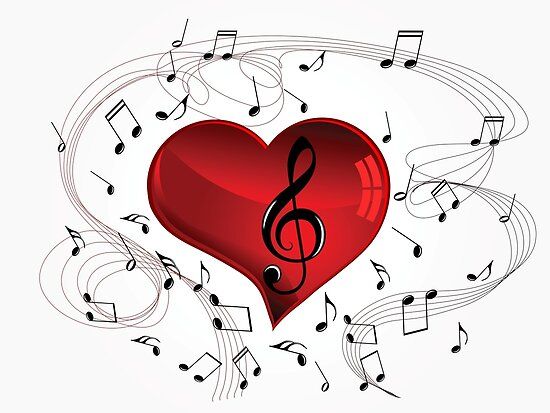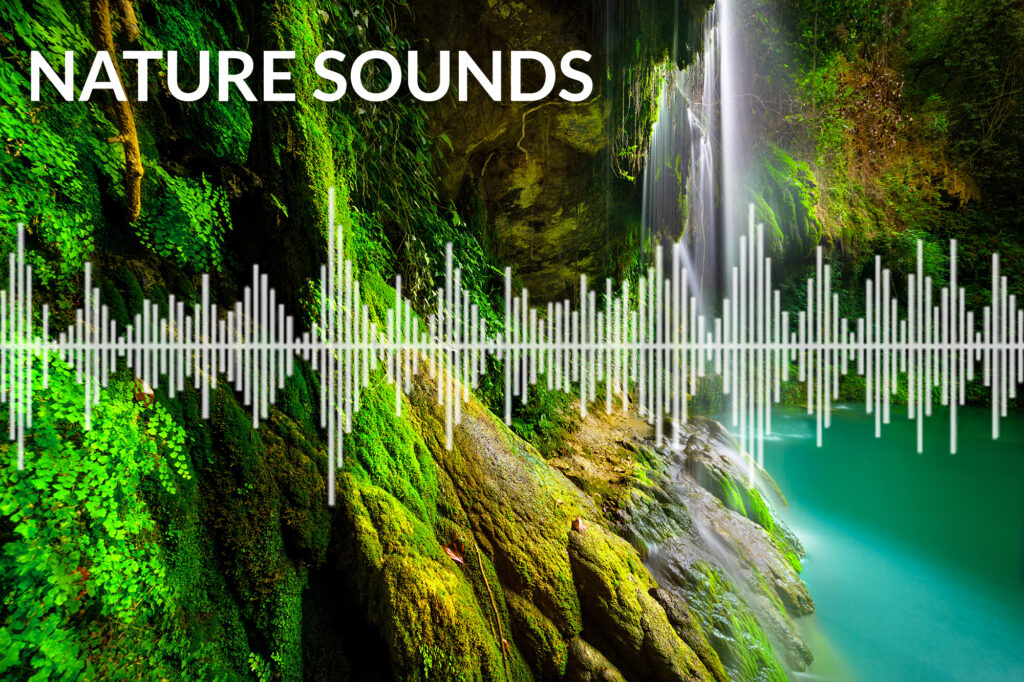
“A trained sound and music therapist uses a wide range of tools, including musical instruments, tapes/CDs, tuning forks, machines that release sound waves at specific frequencies and even their own voice, to help heal the body. Many hospitals, nursing homes and rehabilitation centers offer group therapy sessions as part of their treatment programs.
If you’d like to try sound and music therapy on your own, experts say there are some techniques that you can use at home. Most involve using recorded sounds or music to relax and regulate your nervous system and invigorate your body and mind. It’s important to pick music that’s right for you, Dr. Halpern says, “Everyone has a different reaction to a piece of music, one person could tell you that a song helped relax him, but if it had violins in it and you don’t like violins, it’s not going to help you at all, It’s going to feel like someone dragging, fingernails across a blackboard.”
Experiment
You’ll have to experiment to find out what makes you feel best. Nature sounds or classical music is often a good choice for music therapy, but some experts warn that it’s not perfect. “It wasn’t written specifically for music therapy” explains Jamalea Hoffman, R.M.T., a composer and music therapist based in Kansas City, Missouri. ”Baroque music has a beat that’s slow enough to slow down your heartbeat. But the beat changes during the piece, sometimes faster and sometimes slower. And that may make it harder for your heart to react.”

Many composers now write music specifically for therapeutic use. Much of it falls into a category called New Age. This music has a carefully timed beat and a sequence of tones that is supposed to stimulate relaxation. Music stores usually carry a selection of New Age recordings, some of which are tailored for relaxation, improved concentration, weight loss and other purposes.
Popular music can be relaxing to some people, too. But Dr. Halpern says research shows that the typical backbeat of rock n’ roll music might actually weaken muscle strength while people are listening to it.
“Many times people will listen to music and think it’s relaxing them. But what it’s really doing is just distracting them,” he says. “They’re not getting any physical benefit. They’re just trying to block out whatever is making them tense.”
The best way to see if you’re relaxed is to check your pulse and breathing rate, Hoffman says. “If you want, you can measure them before and after you listen to music. If they’re slower after the music than before, you’re getting relaxation.”
Nature Sounds

Finally, experts say you should seek out natural sounds, such as leaves rustling in the breeze or wind whipping through a stand of pine trees. As humans evolved, they became accustomed to these sounds, Dr, Halpern says “These are the sounds that soothe us, that bring us back into balance. These are what the body is designed to hear. They can help make us well.” Whenever possible, he says, it’s a good idea to escape the whirring computers and growling lawn mowers of everyday life and listen to the sounds of natural silence. “Just find a quiet place and take a walk. Your health will be better for it,” Dr. Halpern says.”
~ New Choices in Natural Healing
